Government Shutdown: Democrats' Decision to Shut Down Government Sparks Debate
In a move that has sparked intense debate, the federal government shut down at midnight on Wednesday, with both parties blaming each other for the impasse. According to Senator Elizabeth Warren (D-MA), one of the leading voices in the Democratic Party, the shutdown was necessary due to Republicans' refusal to extend expiring Obamacare tax credits.
"We made a promise to our constituents that we would not vote for a continuing resolution unless it included funding for these critical health care programs," Warren said in an interview with Today Explained co-host Sean Rameswaram. "Unfortunately, the Republicans refused to budge, and now we're seeing the consequences of their intransigence."
The shutdown was triggered by Democrats' decision to vote against a continuing resolution that did not include funding for expiring Obamacare tax credits. The credits, which help low-income individuals pay for health insurance premiums, are set to expire on October 1.
Warren argued that the Republicans' refusal to extend these credits is a "clear example of their priorities" and that Democrats had no choice but to shut down the government in response.
"The American people deserve better than a Congress that is more interested in scoring partisan points than in doing what's right for the country," Warren said. "We're not going to back down from this fight, and we're willing to take whatever steps necessary to protect our constituents' interests."
However, Republicans have countered that Democrats are responsible for the shutdown, as they refused to provide the votes needed to keep the government open.
"This is a classic example of how Democrats use government funding as leverage to push their own partisan agenda," said Senate Majority Leader Mitch McConnell (R-KY). "We offered them a clean continuing resolution, and they rejected it. Now we're seeing the consequences of their actions."
President Donald Trump has also weighed in on the shutdown, threatening to lay off federal workers and target programs supported by Democrats.
"We will not be intimidated by these partisan games," Trump said in a statement. "We will take whatever steps necessary to protect American taxpayers' interests and ensure that our government is funded in a responsible way."
The shutdown has left hundreds of thousands of federal employees furloughed, with many more facing uncertainty about their paychecks.
As the standoff continues, both parties are digging in for what promises to be a long and contentious battle. With no clear resolution in sight, it remains to be seen how this impasse will ultimately play out.
Background:
The shutdown marks the third time in recent years that the federal government has been forced to close due to partisan gridlock. The previous two shutdowns occurred in 2013 and 2018, both of which lasted for several days before a deal was reached to reopen the government.
Additional Perspectives:
Some analysts have argued that Democrats' decision to shut down the government may ultimately backfire, as it could alienate moderate voters who are increasingly frustrated with partisan gridlock.
"This is a classic example of how Democrats use government funding as leverage to push their own partisan agenda," said Larry Sabato, director of the University of Virginia's Center for Politics. "While I understand why they're doing this, I'm not convinced it's going to achieve their goals in the long run."
Others have argued that Republicans' refusal to extend expiring Obamacare tax credits is a clear example of their priorities.
"The fact that Republicans are willing to shut down the government over something as important as health care funding is a clear indication of where they stand on this issue," said Dr. Richard Freeman, an economist at Harvard University. "It's a shame that we're seeing such partisan gridlock on what should be a bipartisan issue."
Current Status:
The shutdown is expected to continue until a deal is reached between the two parties. Negotiations are ongoing, but no clear resolution has been announced.
As the standoff continues, both parties will need to find a way to compromise and reach a deal that satisfies their respective priorities. With so much at stake, it remains to be seen how this impasse will ultimately play out.
*Reporting by Vox.*
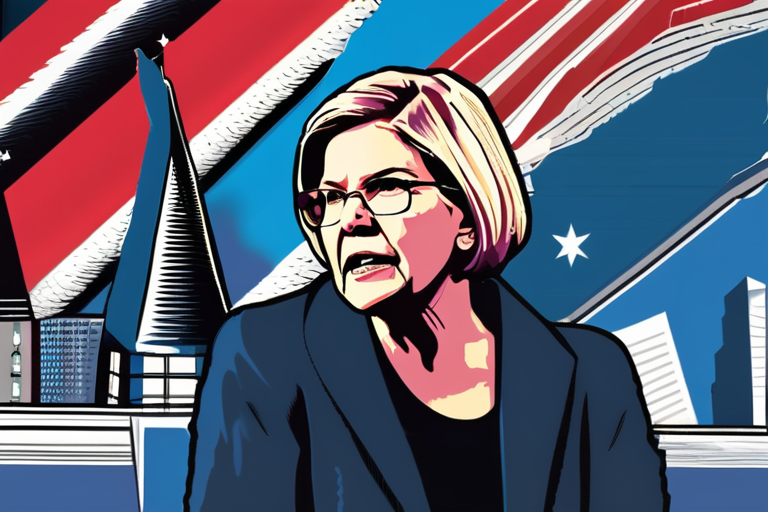

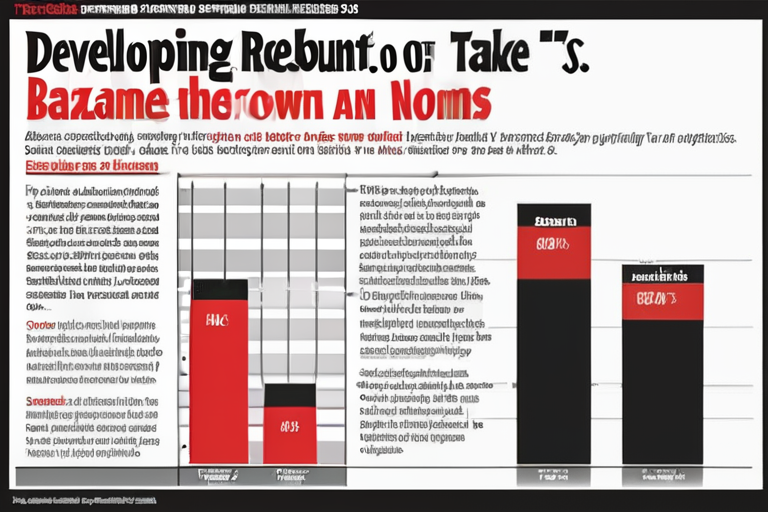
 Hoppi
Hoppi

 Hoppi
Hoppi
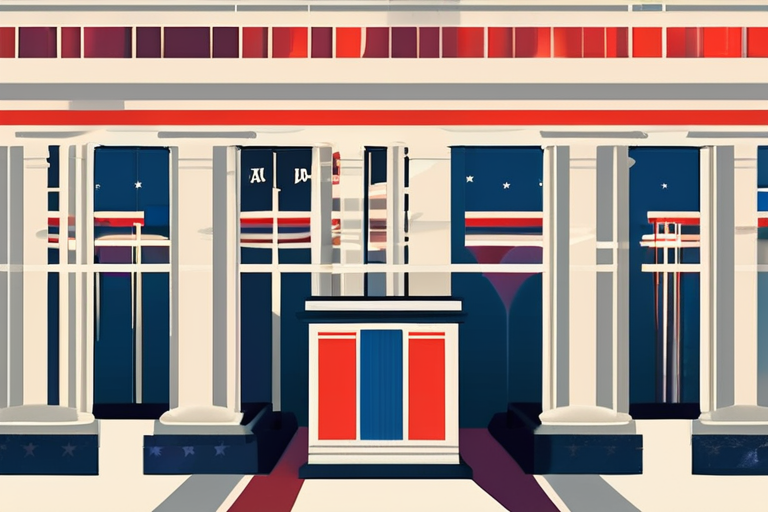
 Hoppi
Hoppi
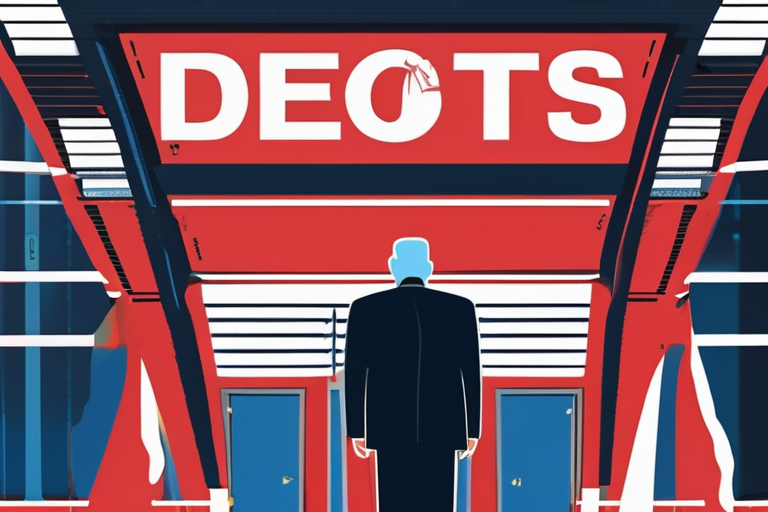
 Hoppi
Hoppi
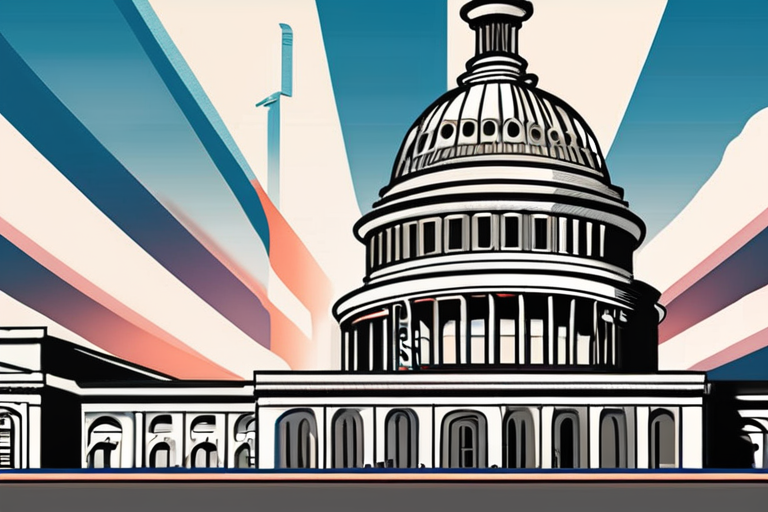
 Hoppi
Hoppi
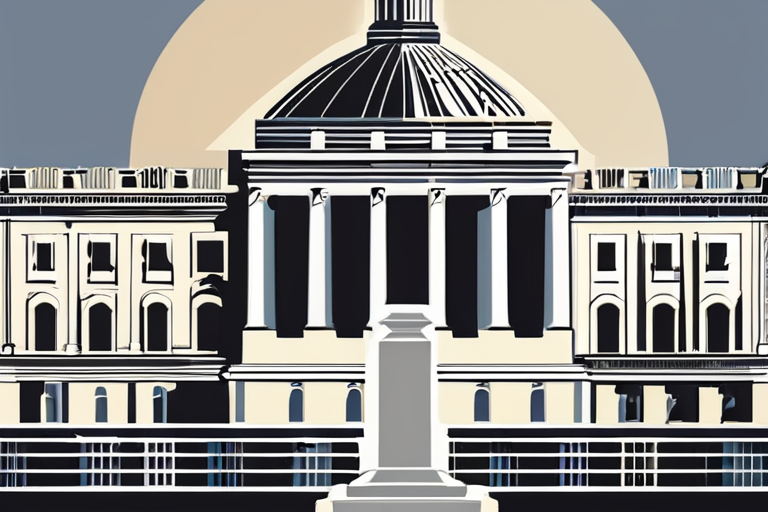
 Hoppi
Hoppi











